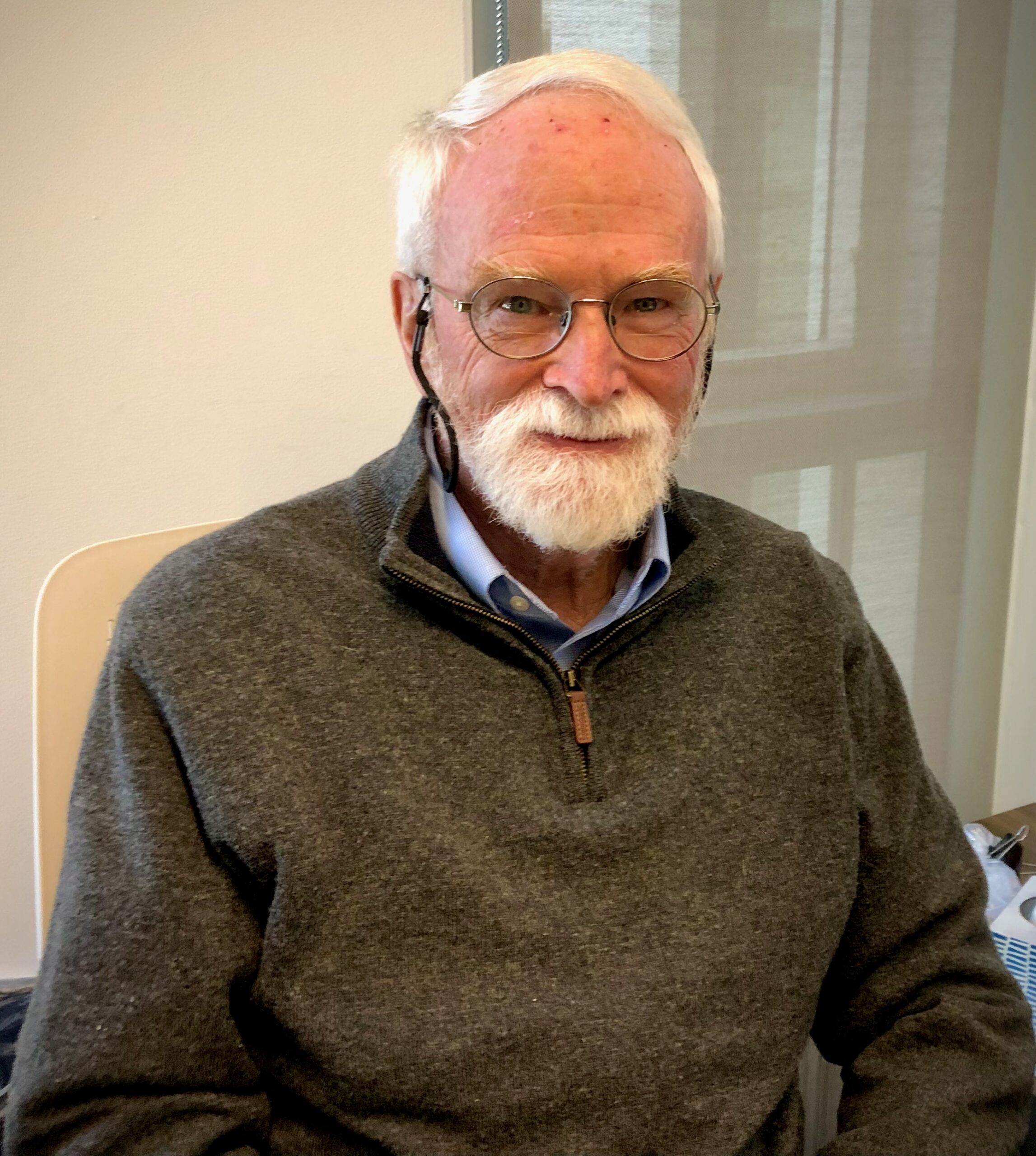UC Law SF Professor Helps Tackle Lack of Juvenile Court Lawyers in California

UC Law SF Professor John Myers has been tapped by the California Judicial Council to lead a project aimed at getting more law schools to offer courses on juvenile courts.
The state of California has hired a UC Law SF professor to lead a project aimed at addressing a shortage of lawyers for children in the state’s juvenile court system.
Professor John Myers is one of the nation’s leading experts on child abuse and neglect. He has given more than 400 talks on the subject on three continents. His writings on the topic have been cited by the U.S. Supreme Court, California Supreme Court, and nearly 200 other courts.
When he’s not teaching criminal law, criminal procedure, and evidence at UC Law SF, Myers practices law in Colusa County, where he represents children in juvenile dependency court. In custody cases filed against parents by the county’s Child Welfare Services Unit, Myers represents children, some of whom are subjected to neglect, physical or sexual abuse, or born with drug addictions.
He carries photos of the children he has helped through his work; kids that range in age from infants to 20. An eight-year-old girl made him an origami paper bird with a message that reads, “Thank you for saving my life.”
“I’ve never done anything as personally rewarding as this,” Myers said.
His hard work and years of experience were recognized this year by the state of California. The board that oversees California’s judicial system tapped Myers to lead a project that seeks to expand access to educational coursework on juvenile courts in California law schools.
The Judicial Council of California, which sets policies for the state court system, signed a contract with Myers that calls for him to do three things: survey law schools about their course offerings on juvenile court, create coursework materials for law school classes on the subject, and prepare a new edition of the council’s book on juvenile court procedures.
“Very few law schools have a course on juvenile courts,” Myers said. “That’s what led the Judicial Council to ask me if I might be interested in finding ways to get more law students interested in this field.”
Myers said he hopes his work will encourage more law schools to offer programs on child welfare laws and juvenile court procedures. UC Law SF is one of a select few law schools that offers such a course.
The Child Welfare Practicum offered each spring teaches Hastings’ students about child welfare laws and court procedures, systemic bias in the child welfare system, and how to practice trauma-informed lawyering. The students also do fieldwork, interact with clients, and sometimes argue cases while supervised by licensed attorneys.
David White, a senior attorney at the San Francisco-based organization Legal Services for Children, co-teaches the practicum with his colleague Jennifer Daly. He said the course “opens the door for students to an area of the law they would not otherwise be familiar with and introduces them to clients they wouldn’t otherwise have interactions with.”
After taking the practicum last spring, UC Law SF 3L student Noa Israel decided to continue working with a division of the San Francisco Bar Association that provides legal counsel to parents and children in juvenile court over the summer. She said, “My experiences in the clinic solidified my interests in pursuing a career in dependency/family law after my graduation from law school.”